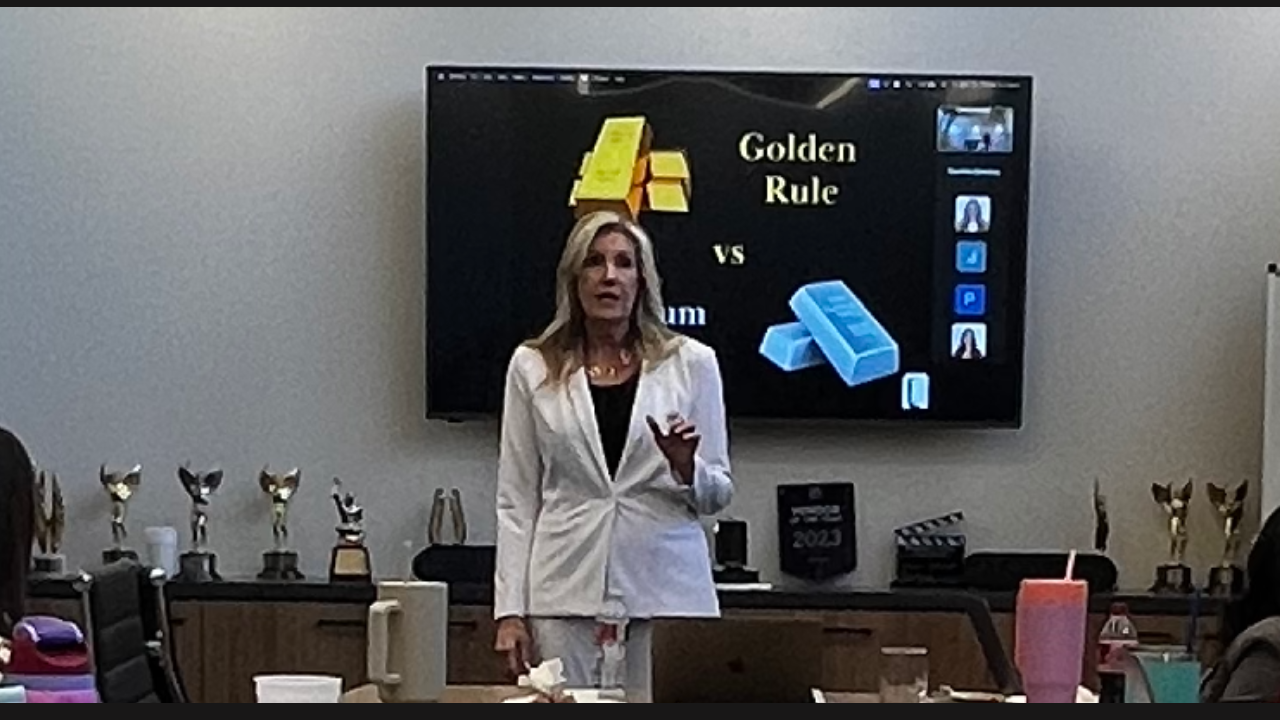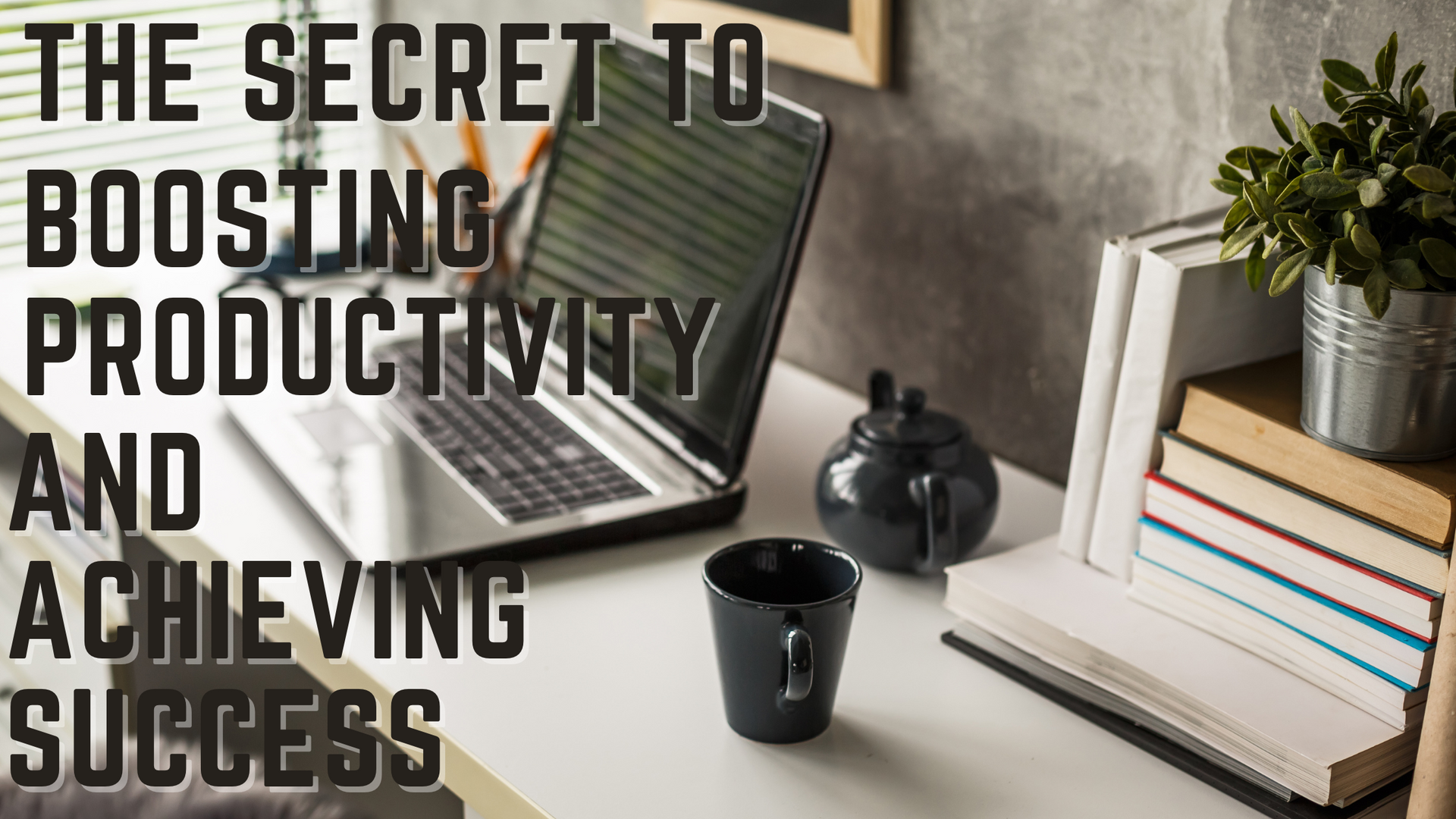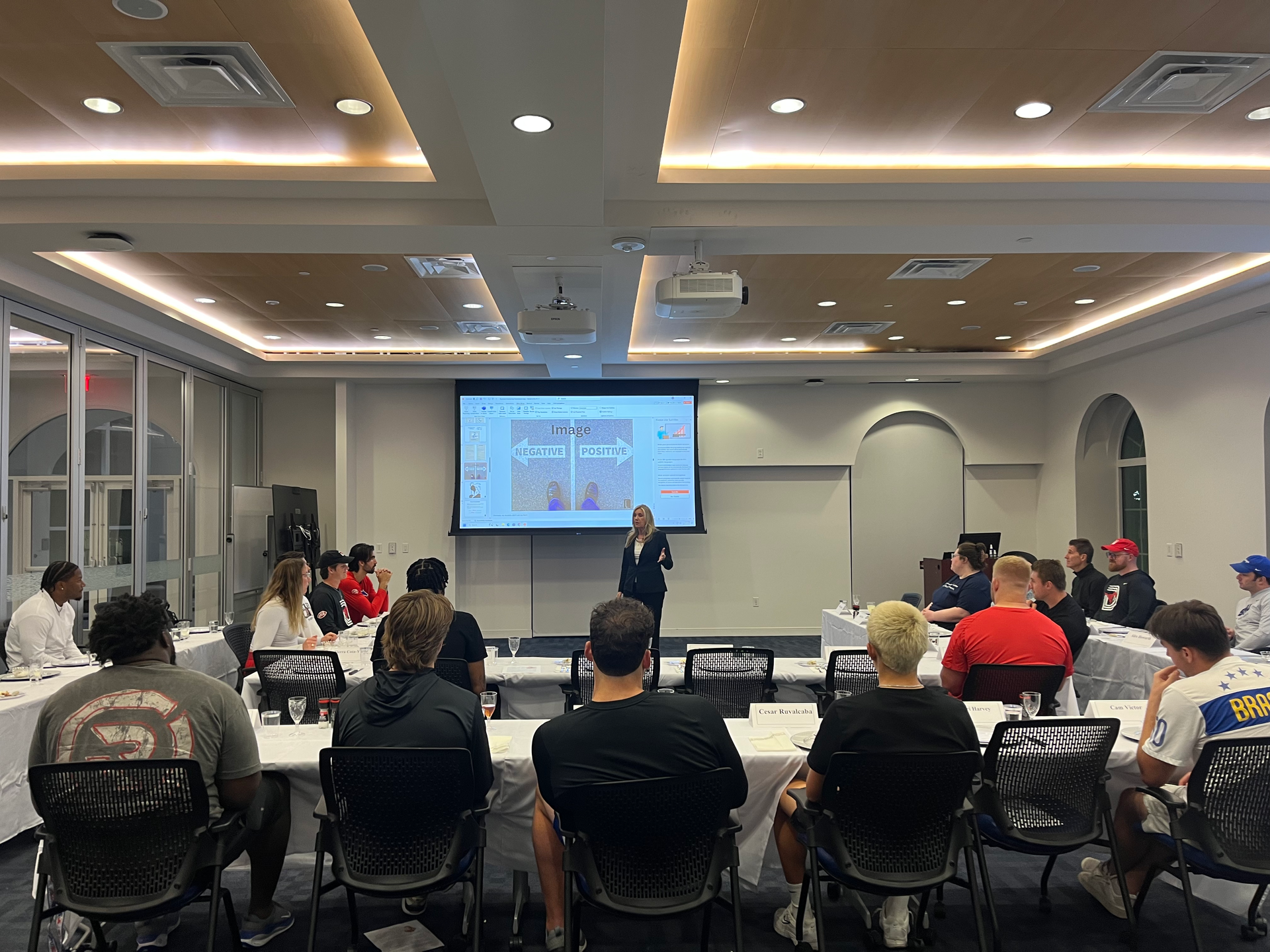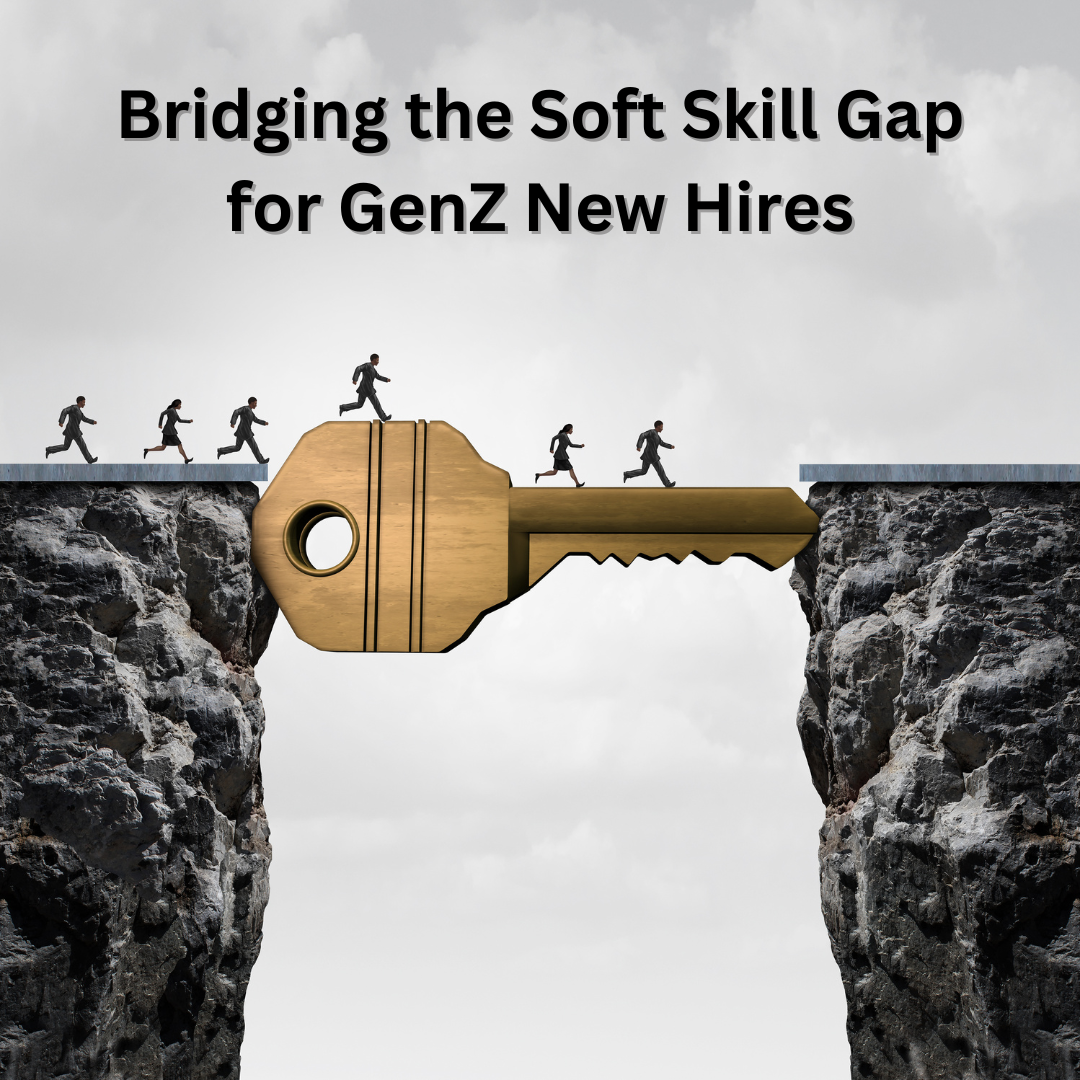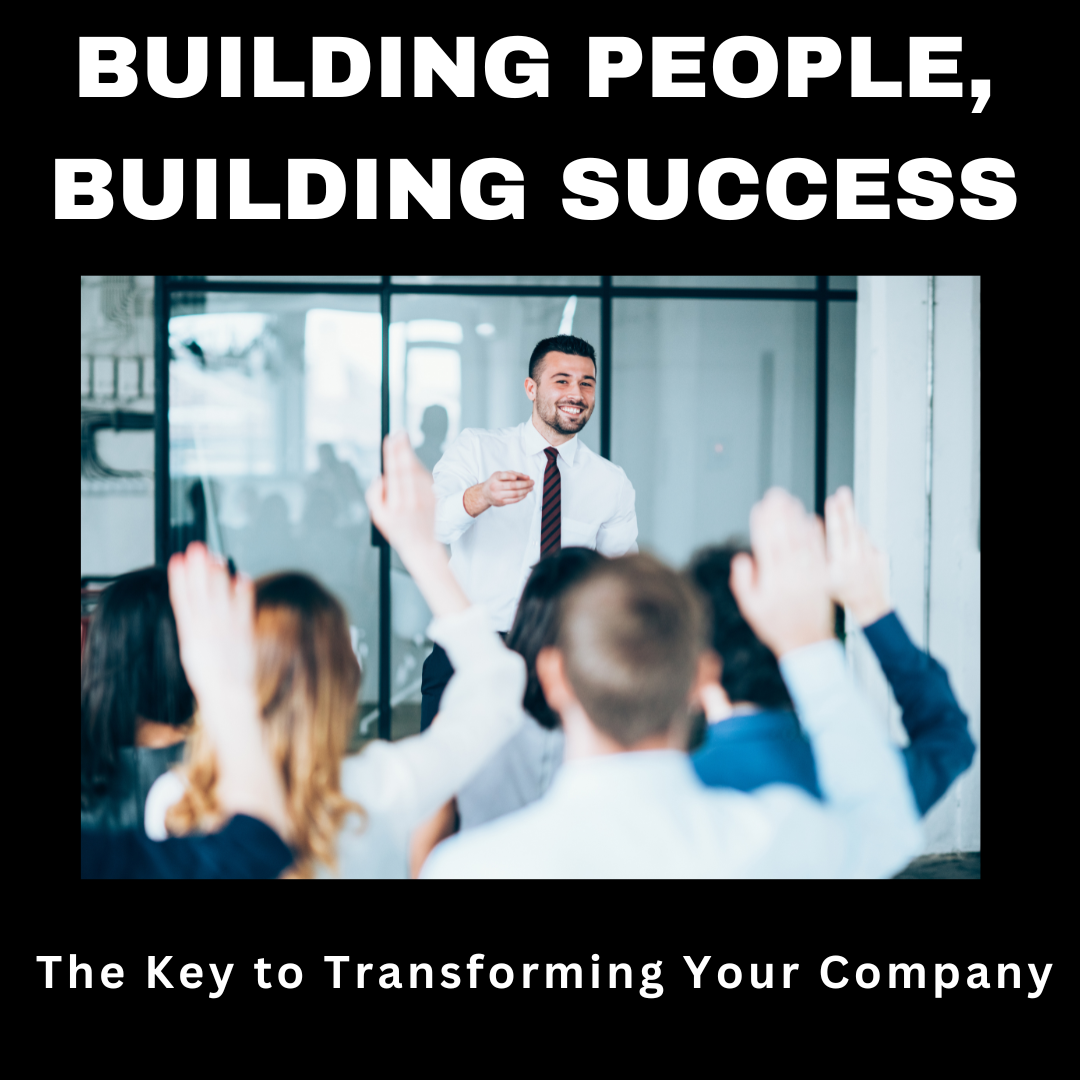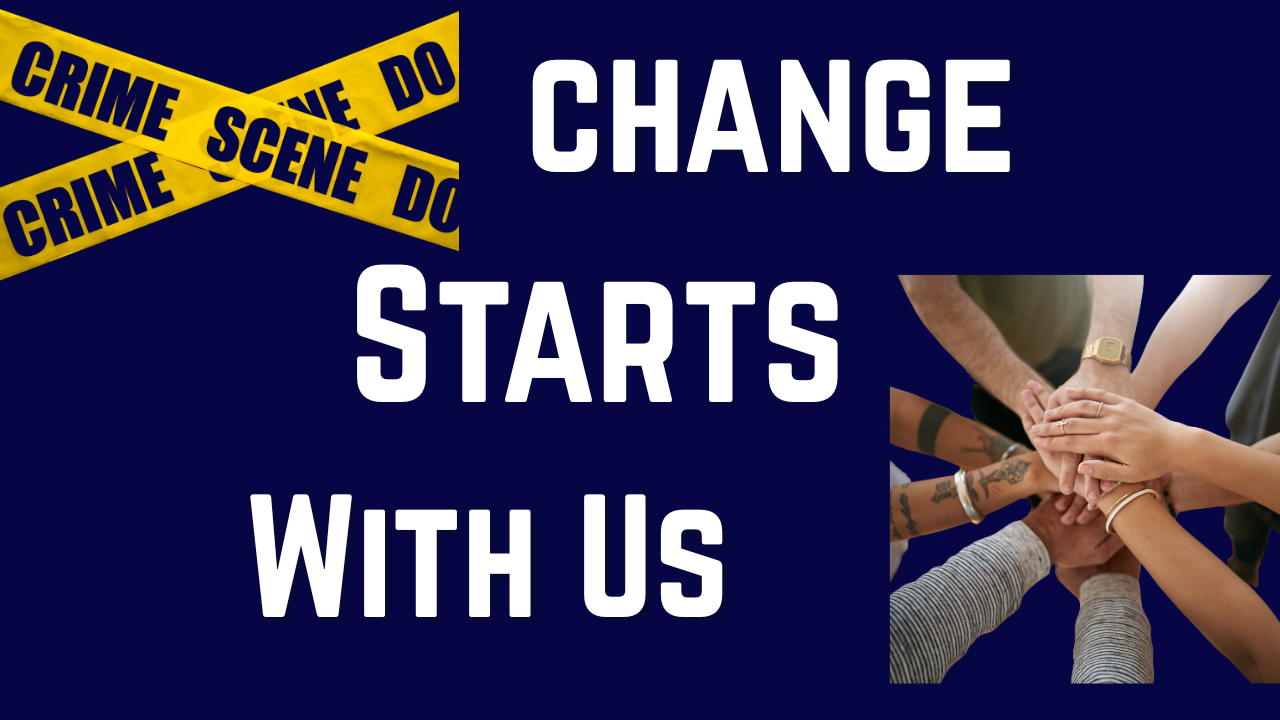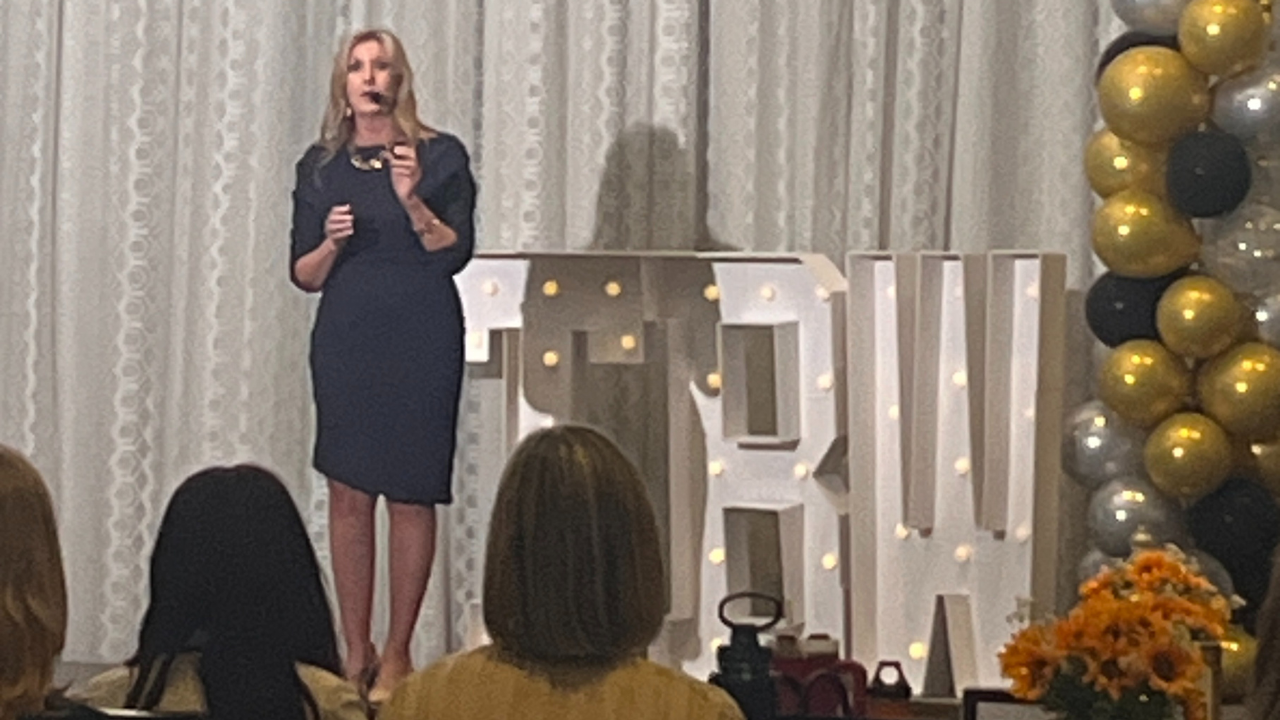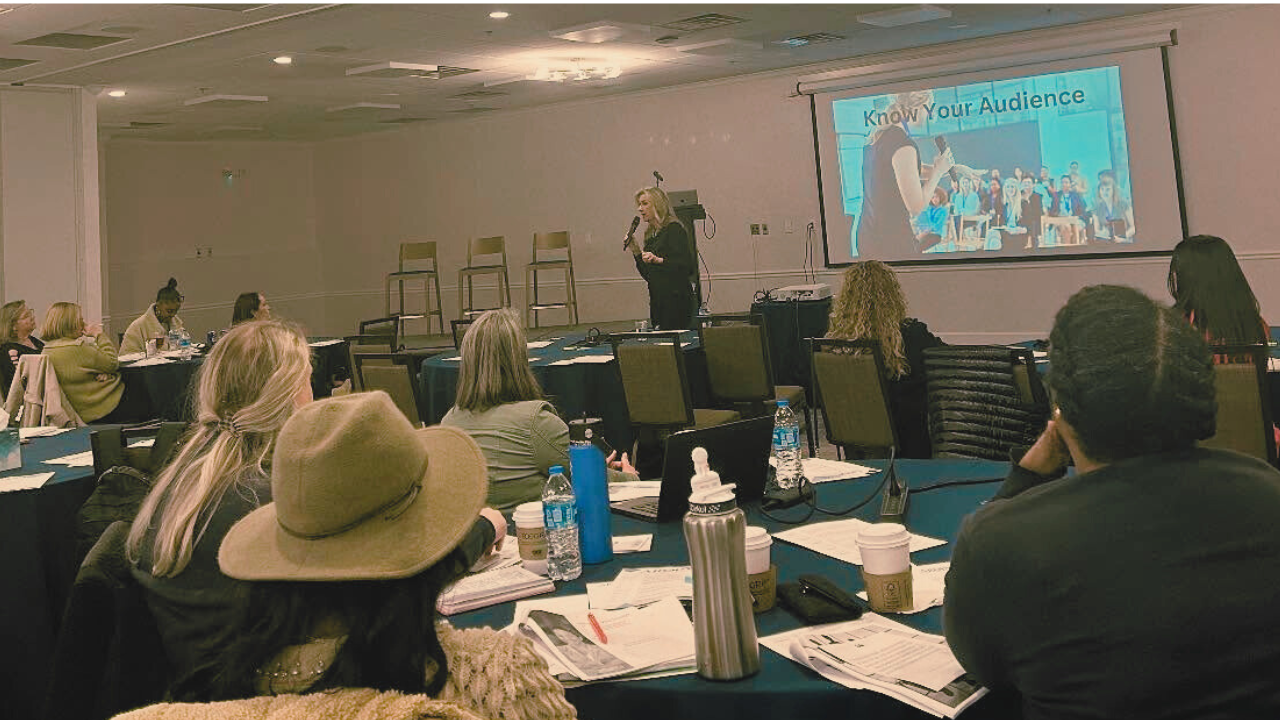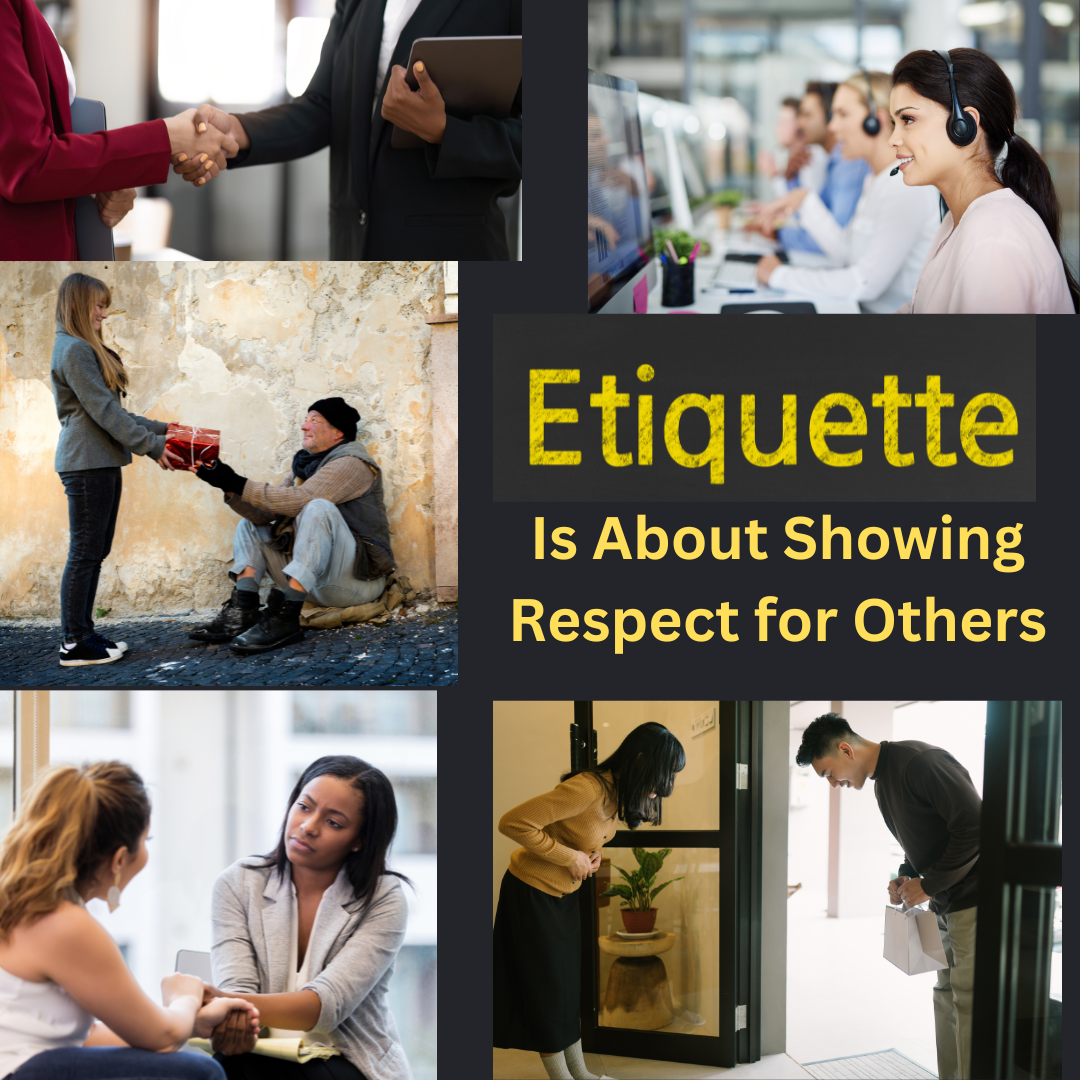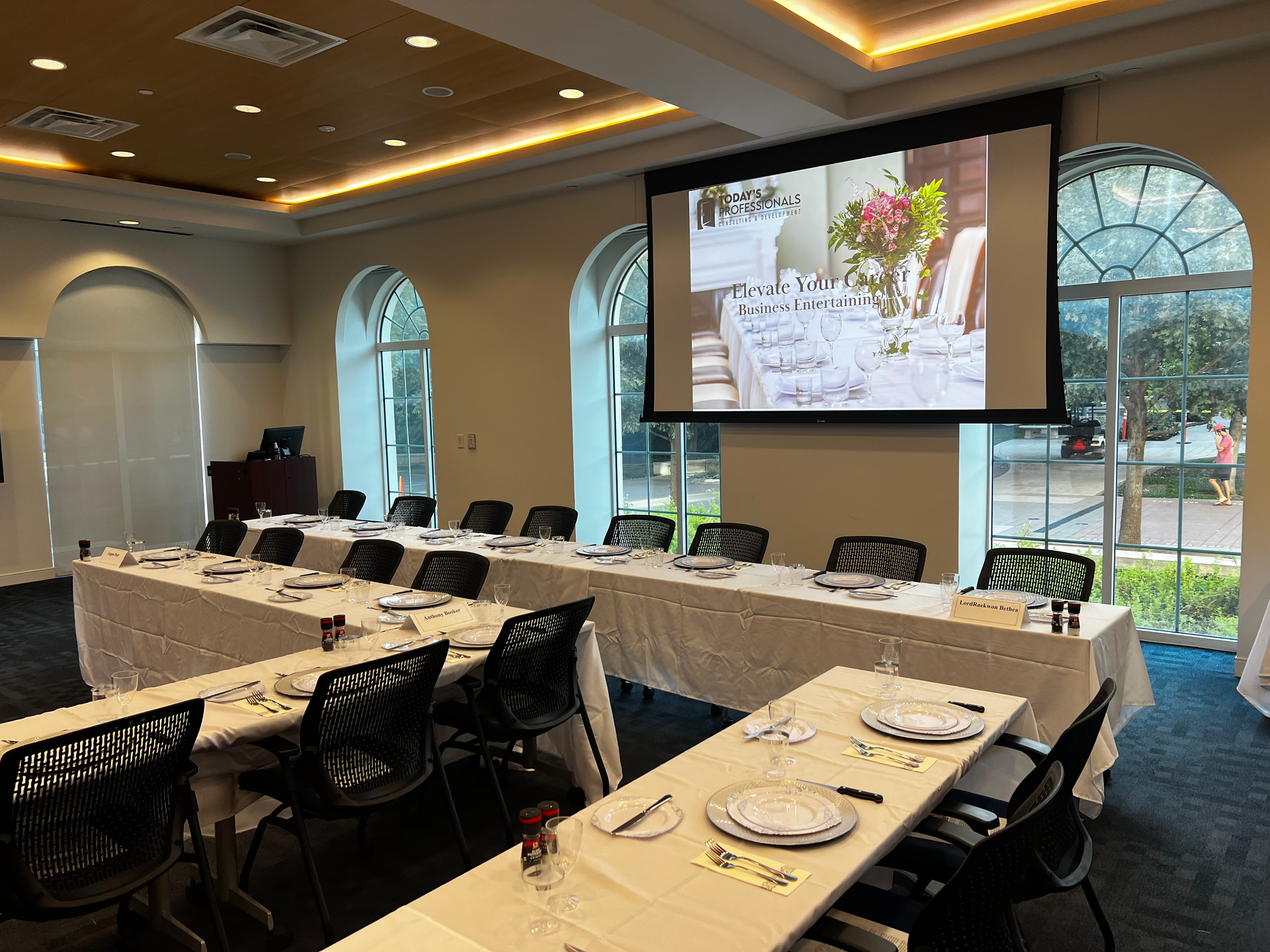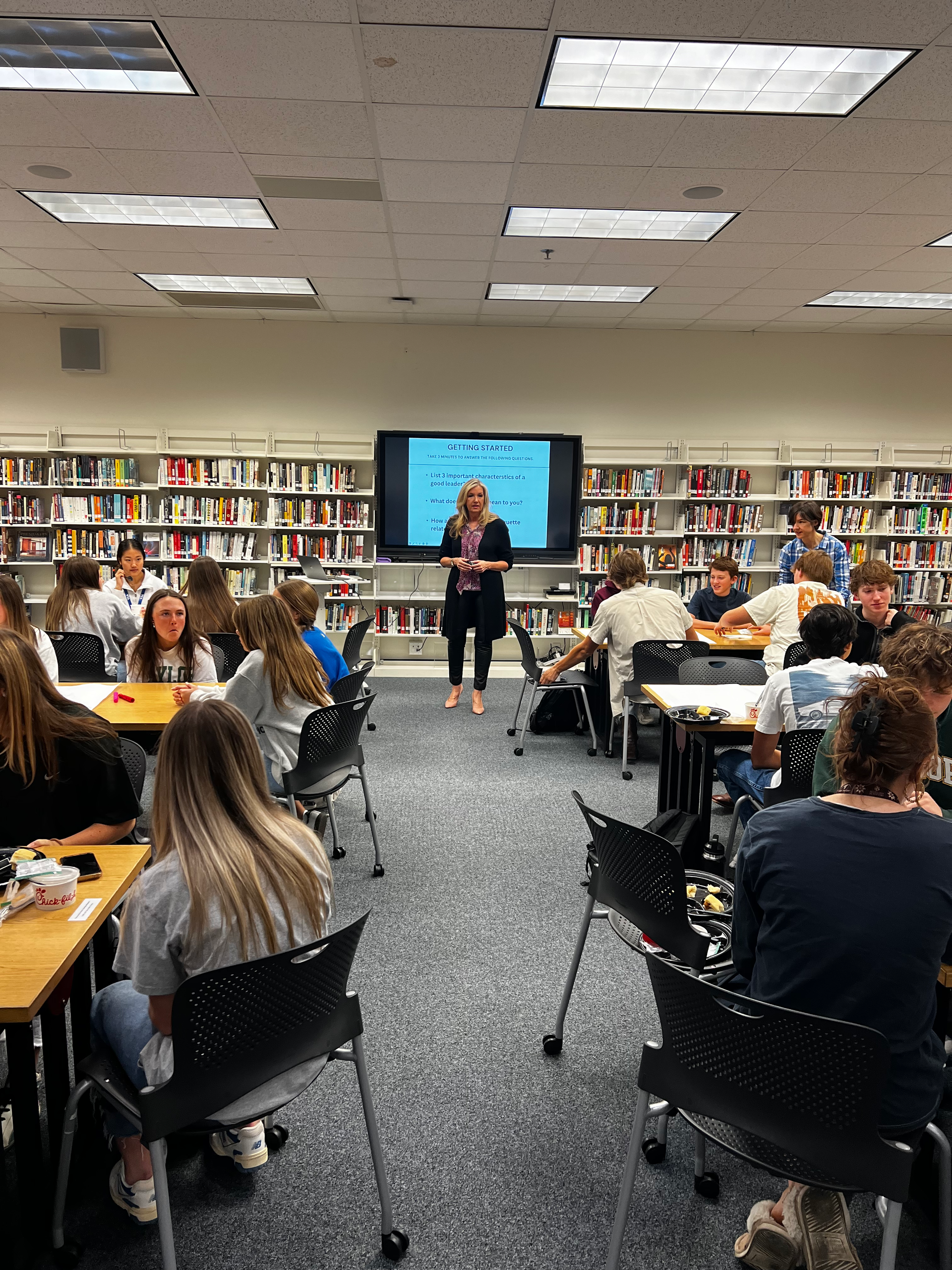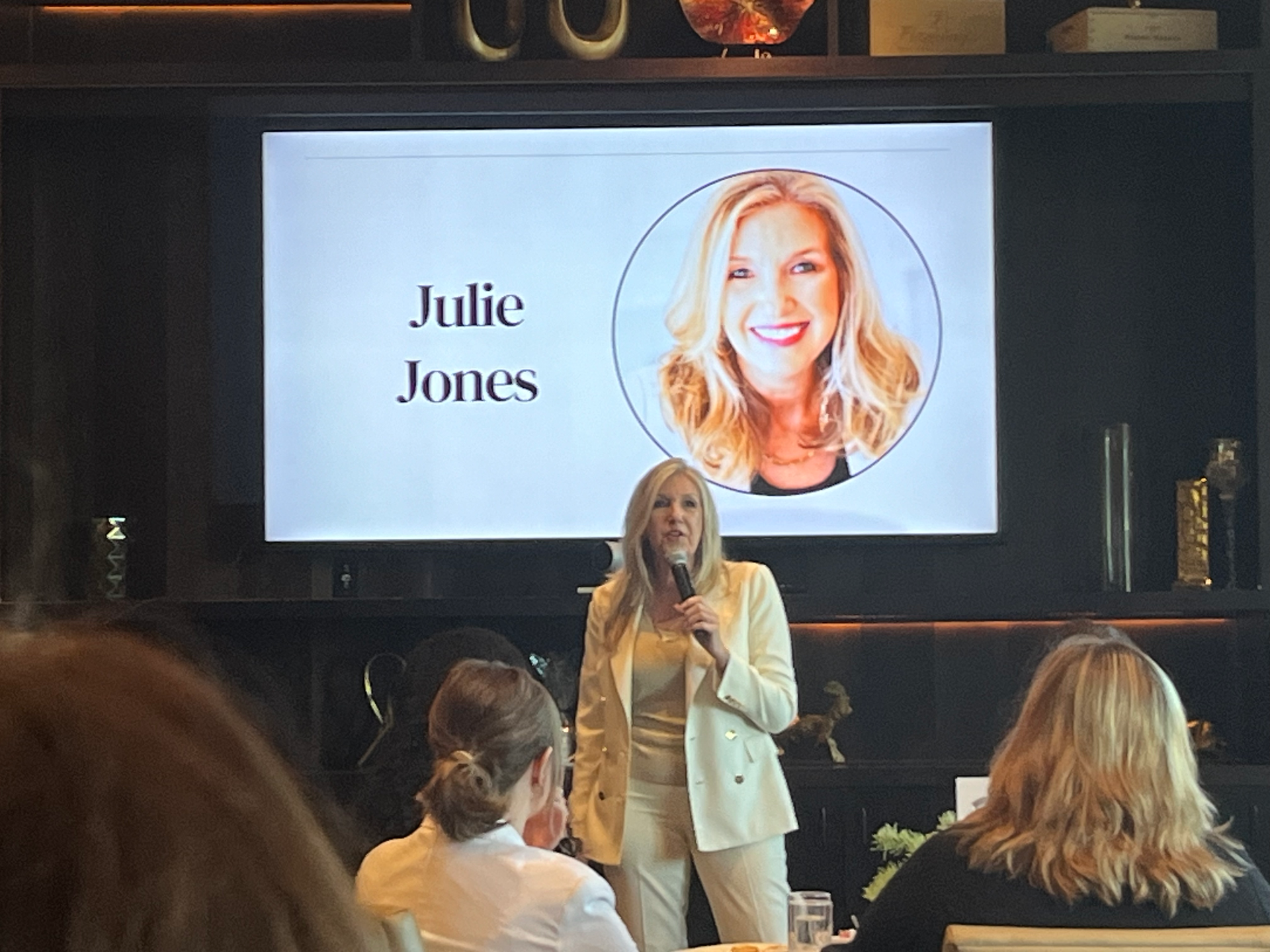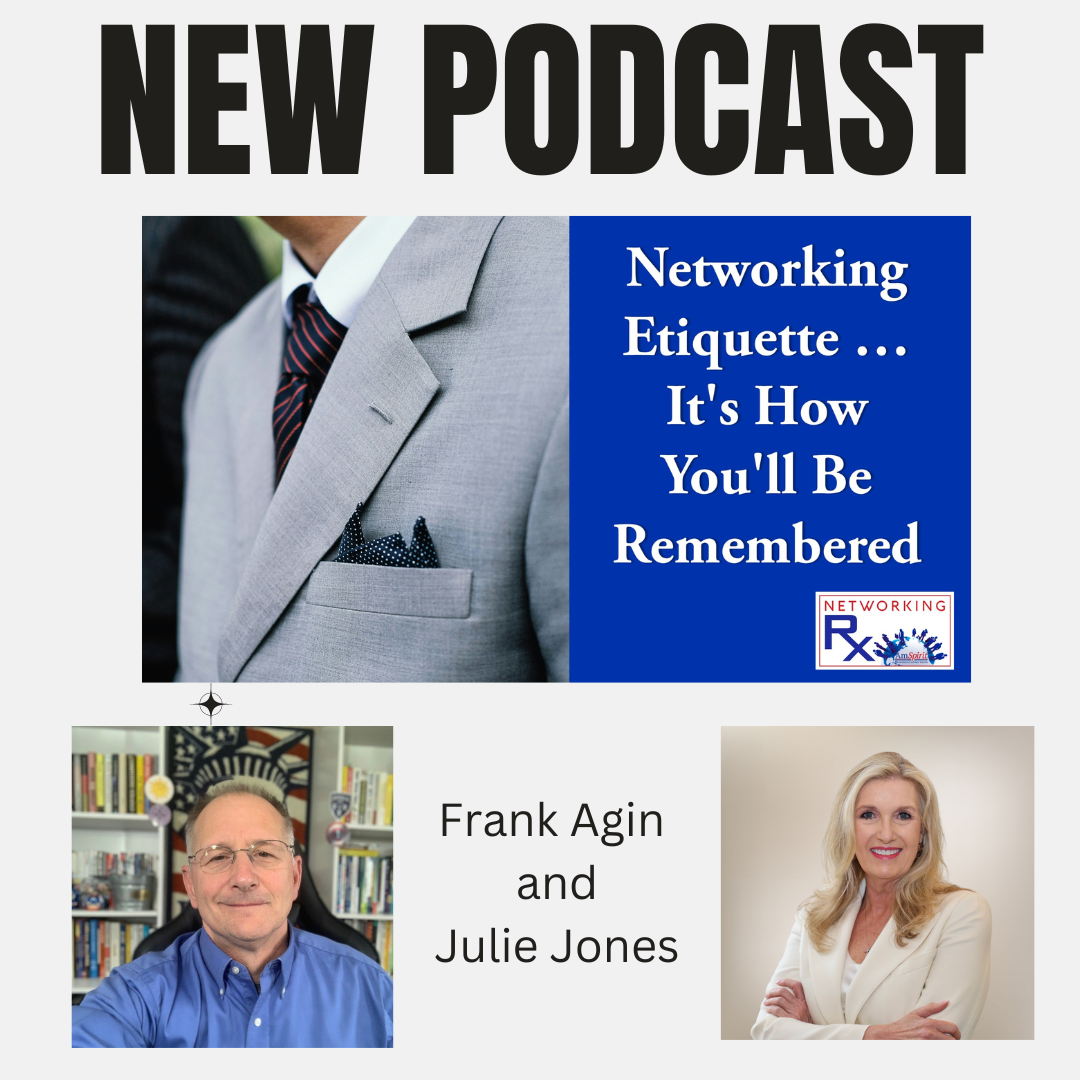By Julie Jones
•
February 13, 2025
Recently, I had the privilege of leading a transformative session on Executive Presence, Image, and Communication at Champion Management. The session was so impactful that I have been invited back to continue working with their team on communication skills—reinforcing a critical truth: when companies invest in developing their people, everyone wins. Why Investing in People Matters In today’s competitive business world, technical skills alone aren’t enough. While technical expertise opens doors, it’s the ability to communicate effectively, lead with confidence, and establish credibility that determines long-term success. A company’s greatest asset is its people, and equipping them with the tools to succeed isn’t just beneficial—it’s a necessity for fostering a thriving workplace culture. Research consistently shows that soft skills training has a direct impact on retention, productivity, and profitability. A 2024 Wiley study found that companies that prioritize people skills training see significant improvements in job performance, teamwork, and employee satisfaction. The U.S. Department of Labor also highlights that soft skills—including communication, professionalism, and leadership ability—are among the top qualities employers seek. Carson-Newman University further reinforces that individuals with strong interpersonal skills rise faster, build better teams, and create more successful organizations. The bottom line? Companies that develop their employees don’t just create a better culture—they create a stronger, more sustainable business. What Is Executive Presence, and Why Does It Matter? Executive Presence (EP) is often misunderstood. Many assume it’s about dressing well or being charismatic in front of an audience. While appearance and confidence do play a role, EP is much deeper than that. It’s about the way professionals carry themselves, communicate, and connect with others—whether they are speaking to a client, leading a meeting, or simply navigating daily interactions. At Champion Management, we explored three foundational pillars of Executive Presence: Mindset Matters The way we think about ourselves shapes how we show up in the world. Confidence is not about pretending to be someone we’re not—it’s about owning our strengths and continuously refining how we present ourselves. Imposter syndrome, self-doubt, and lack of preparation can hinder growth. Developing a strong mindset shifts how we approach opportunities and challenges, leading to greater impact and career success. Communication is Connection It’s not enough to know your stuff—you have to be able to articulate it in a way that resonates with others. Effective communicators don’t just speak; they engage, listen, and adapt their message to their audience. Understanding different communication styles allows professionals to meet people where they are—bringing them forward, building trust, and fostering collaboration. Perception is Power People want to do business with those who appear competent, credible, and trustworthy. A polished, professional image combined with structured systems and processes increases productivity and elevates a person’s reputation. Whether it’s through the way someone enters a room, engages in conversation, or presents a proposal, every interaction leaves an impression. Are you making the right one? The Impact of Training on Company Culture Many businesses spend millions of dollars on recruitment, technology, and operational improvements—but often overlook the most influential factor in long-term success: their people. A well-trained, confident, and professional workforce doesn’t just perform better—they elevate the entire company culture. At Champion Management, it was evident that their leadership team understands this. By prioritizing Executive Presence and Communication training, they are investing in more than just skill-building; they are creating an environment where: ✅ Employees feel valued – When companies invest in professional development, employees are more engaged, motivated, and committed to the organization’s mission. ✅ Collaboration improves – Strong communicators work more effectively with colleagues, clients, and leadership, leading to better teamwork and fewer misunderstandings. ✅ Client relationships strengthen – People buy from people. When employees present themselves with confidence and professionalism, they build trust and credibility with clients, fostering long-term business relationships. ✅ Leaders emerge – Developing employees' communication and leadership skills ensures a pipeline of future leaders who are prepared to take on greater responsibilities and drive company success. When employees lack confidence, clarity, or professionalism, it doesn’t just impact individual careers—it affects the entire organization. Poor communication leads to missed opportunities, lost clients, and internal friction, while a lack of executive presence can diminish credibility and influence in competitive markets. How an Effective Training Program Boosts Growth and Profitability Developing employees isn’t just about professional growth—it directly impacts a company’s bottom line. Investing in soft skills and leadership training leads to: 📈 Higher Retention Rates – Employees are more likely to stay with companies that provide growth opportunities. Losing top talent due to poor culture or lack of development is costly, both in terms of financial resources and team morale. 💡 Increased Productivity – When employees are equipped with the right tools and mindset, they work more efficiently, collaborate better, and get more done in less time. 💰 Greater Revenue – Clients and customers want to work with professionals they trust. A team that exudes confidence, professionalism, and leadership will naturally attract and retain more business, leading to higher sales and long-term profitability. 🏆 Stronger Brand Reputation – A company is only as strong as its people. Organizations that prioritize professionalism, leadership, and communication create a positive brand image, attracting top talent, clients, and business partnerships. The Next Step: Bringing Executive Presence Training to Your Team The success of my session at Champion Management was proof that companies are ready to prioritize soft skills development. When employees are empowered with confidence, communication skills, and a strong professional image, they don’t just show up—they stand out. Executive Presence isn’t reserved for C-Suite executives —it’s for anyone looking to earn the confidence of their peers, clients, and leaders. It’s the key to standing out in a competitive workplace and the foundation for leadership, influence, and success. If you’re looking to equip your team with the skills needed to succeed, let’s talk. Whether it’s a workshop, leadership development program, or executive presence training, I can help your organization build a culture of confidence, connection, and credibility—one that drives growth, engagement, and long-term success. Do you want to create a program that transforms your team and elevates your business? Are you ready to invest in the future of your company? Final Thoughts Success in business is not just about what you know—it’s about how you show up, connect with others, and lead with confidence. Champion Management understands that investing in their employees is an investment in their future success. The companies that prioritize professional development, leadership training, and executive presence will be the ones that stand the test of time.




